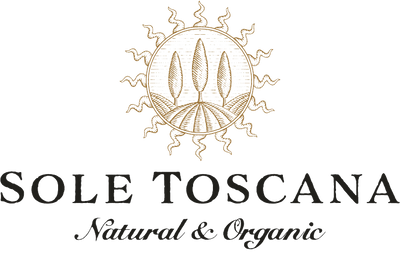What is cortisol? It's one of the hormones that the body releases in response to stress. It can contribute to increased body fat and other stress hormones, making you feel more stressed.
Relaxation techniques work, but what about a product for reducing cortisol levels? Vitamin C is the answer.
Negative effects of cortisol
When your cortisol levels remain elevated for too long, your body goes into starvation mode because all the energy reserves get depleted. It starts storing fat, and other body systems are worn out due to excess adrenalin.
CORTISOL STUDIES IN RATS
A 1990 study looked at two groups of rats. The first group took a placebo, while the other consumed 200 mg of vitamin C daily. This amount surpasses the daily recommended amount for rats by more than three times.
Both groups were exposed daily to one hour of stress for three weeks. At the end of this time, the researchers found that the vitamin C group had significantly less plasma cortisol levels and stress response compared to the placebo group. The rats that consumed vitamin C were better able to manage stress.
STUDY ON HUMANS
In 2002, Psychopharmacology published a study on 60 healthy adults. Half the group took a placebo, and the others consumed 3000 mg of vitamin C daily.
At the end of two weeks, the vitamin C group had significantly lower blood pressure levels, and slower metabolic functions. However, they had a much faster cortisol recovery (comeback from stress) time.

We need more research
Since science is yet to give comprehensive answers on the relationship between vitamin C and Cortisol, we don't have the whole picture. However, we know the metabolic response that involves vitamin C.
When we're stressed, the body produces the adrenocorticotropic hormone, which signals the adrenal glands to produce stress hormones, such as cortisol.
During this process, the adrenals lose their Vitamin C levels. Thus, when we get stressed out, our adrenal glands get depleted of Vitamin C.
In conclusion
You must take as much vitamin C as you can. However, water-soluble supplements aren't the best since they get expelled from the body through urine.
Ensure you get your Vitamin C in a Micelle Liposomal (fat-soluble) form that can be absorbed by the body.
With love,
The Sole Toscana Beauty Team


